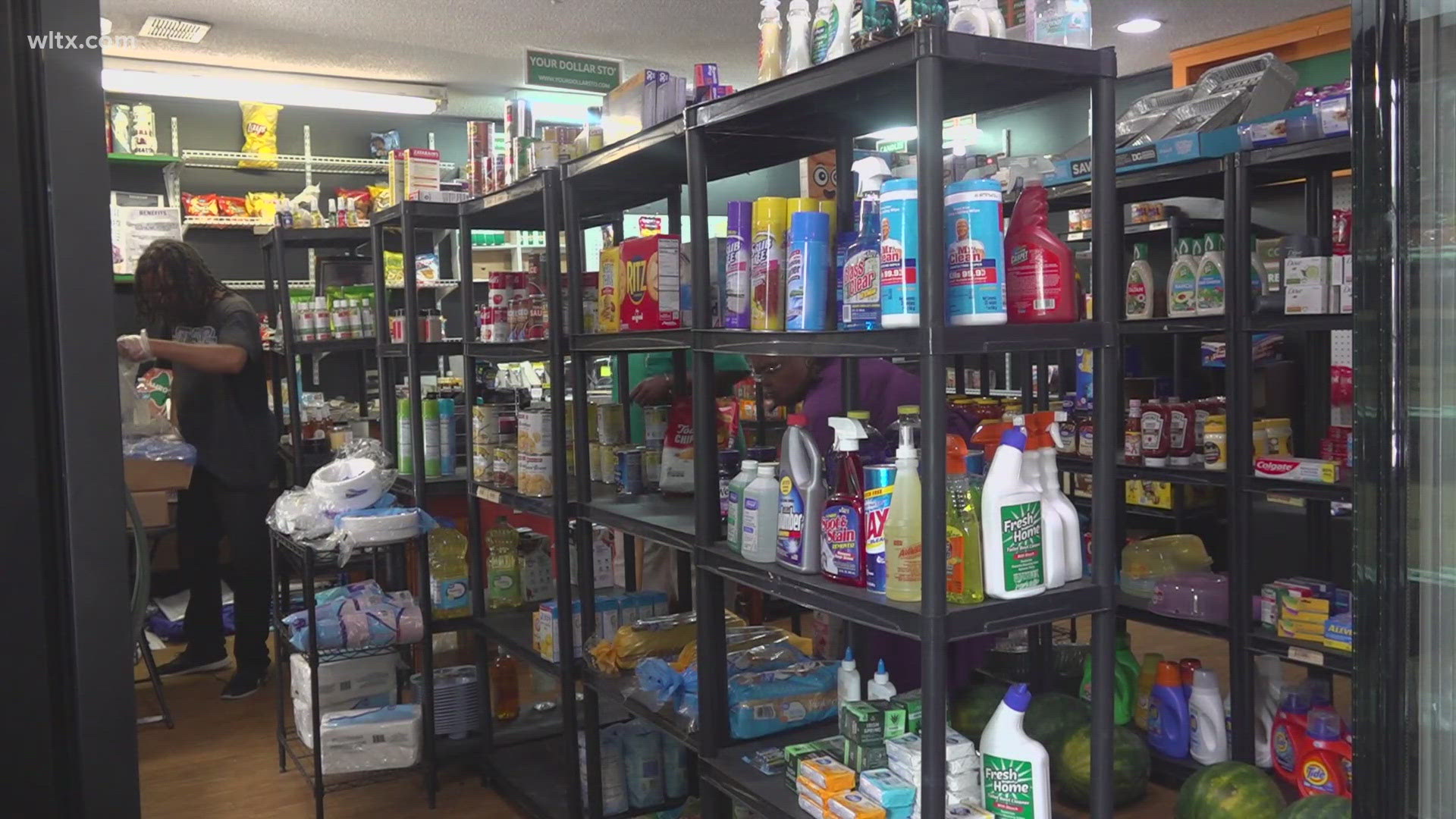COLUMBIA, S.C. — In an effort to bring and keep grocery stores in the city of Columbia, the city is offering a rebate for new and existing stores.
“The main grocery stores got closed down, so there really wasn't a source for fresh fruit, I mean fresh produce in general,” Brian Thomas, said.
Thomas is the owner of Your Dollar Sto', a grocery store in the Booker Washington Heights area. His store is one of three currently receiving a rebate on licensing fees from the City of Columbia.
“It helps the business owners and myself, in particular, because it's less stress, you knowing that you're gonna get that money back to put back to put back into your business, for inventory or for stock, or even for other needs of the store that may be prevalent. It's a big, big, big plus for any kind of businesses out here,” Thomas said.
Customers like Tracy Reese are grateful for grocery stores staying open in the area.
“It was difficult in this area because it was nothing in this area to shop for but by the store being it brings a lot to the area. Everybody in this area can benefit from getting stuff from here,” she said.
According to Columbia City Council Member Tina Herbert, it has been difficult to keep grocery stores in some parts of the city.
“We've lost the Piggy Wiggly that was on Beltline Boulevard, we've lost the Buy Low that was on North Main Street. The Food Lion that is on Fairfield considered moving, so it is a real, real issue in maintaining the grocery stores,” Herbert said.
Herbert says they hope this rebate program will bring more grocery stores throughout Columbia.
“If you're an existing grocery store in certain areas where we're having challenges, they get 50% off of their business license fee. If you're a new store coming, we're given 100% up to five years. Over the years, that's about $125,000 for a business,” Herbert said.
Herbert went on to say this funding is even more crucial for smaller businesses.
“It's even harder for the smaller grocery stores because they’re not buying in very big quantities so their margins are smaller, they have a tighter budget than the larger grocery stores so anything that we can do to help them its probably even more critical to the smaller stores to help keep them open and keep them running," Herbert said.

